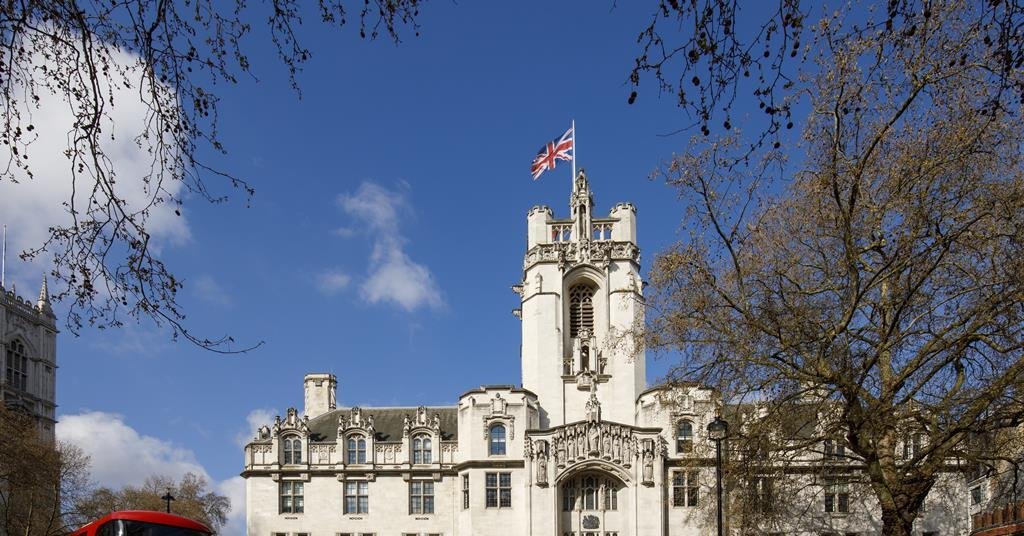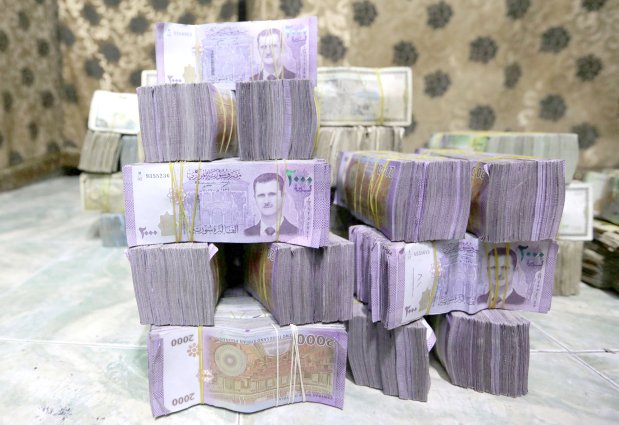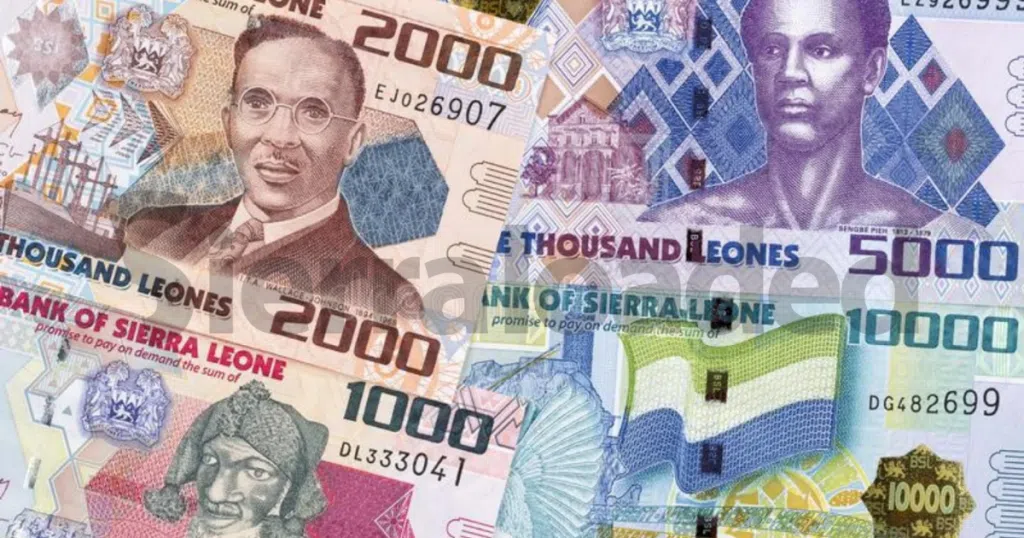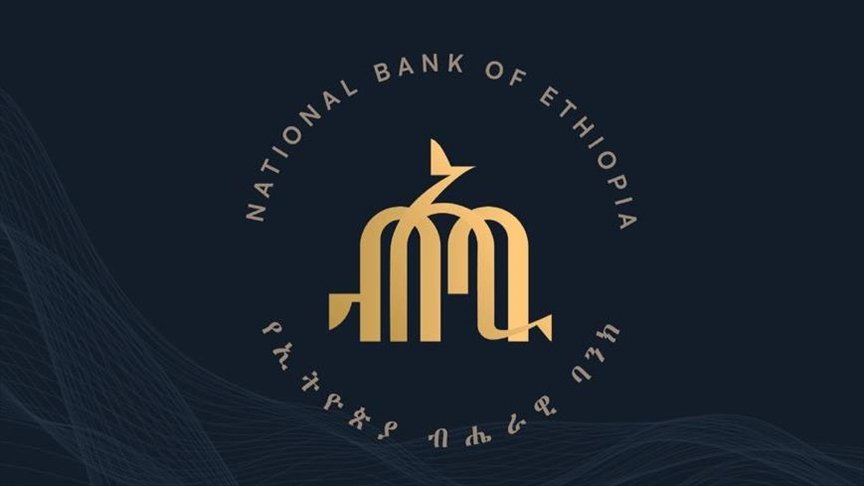The Supreme Court has dismissed an appeal in relation to the setting aside of two arbitration awards totalling $11.1bn by the government of Nigeria, after the High Court found the awards had been obtained by fraud. The Honourable Mr Justice Robin Knowles, who made the 2023 judgment which set aside the awards, awarded Nigeria costs in sterling rather than in the Nigerian naira.
Oil and gas company Process & Industrial Development Ltd appealed to the Supreme Court against the currency of the costs order. It argued that ‘if Nigeria were to receive an award of costs in sterling it would gain a substantial windfall at its expense because the sterling sums which Nigeria paid to its solicitors were the equivalent of approximately 25 billion naira when they were paid whereas they are now the equivalent of 95 billion naira’.
Lord Hodge and Lady Simler, with whom Lord Reed, Lord Stephens and Lord Richards, agreed, disagreed with P&ID, adding: ‘Nigeria does not enjoy a large windfall from this decision. The depreciation of its currency internationally has resulted in a substantial diminution of the domestic purchasing power of the naira in Nigeria since 2019 and especially since 2023.’
A costs order ‘is not intended to provide compensation for loss in the same way as awards of damages in tort or for breach of contract’, the judgment said. It added: ‘The fact that in this case the sums which have been spent on challenging the arbitral awards are very large does not alter the nature of an award of costs.’
Dismissing the appeal, the justices said: ‘It is consistent with the nature of the court’s costs jurisdiction and with legal certainty that there be a general rule that an order for costs should be made in sterling or in the currency in which the solicitor has billed the client and in which the client has paid or there is a liability to pay. That reflects the liability which the party has incurred by litigating in the English courts.
‘This is not a case where Nigeria’s solicitors have submitted invoices in a currency other than sterling. English solicitors and counsel have conducted the litigation on behalf of Nigeria in the courts in London. They have charged fees and disbursements in sterling and Nigeria has paid those bills in sterling. A costs judge will assess their bill of costs in sterling. There is no reason to award costs in this case other than in sterling.’







